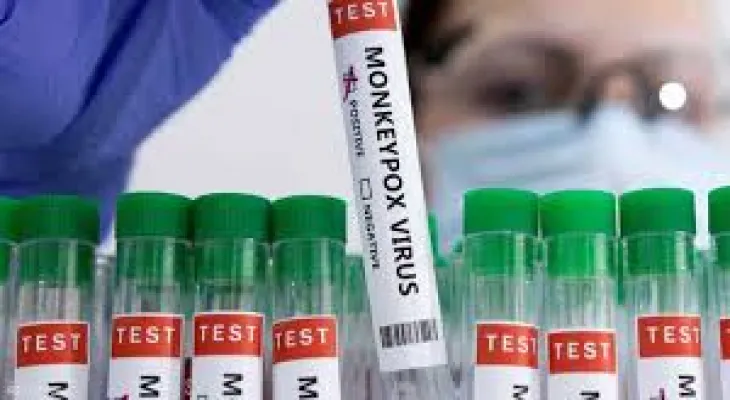Search here
Newspaper
Search here

Arab Canada News
News

Published: June 22, 2022
Ottawa Public Health opens the first monkeypox vaccination clinic today, as part of the health unit's increased efforts to combat the spread of the virus.
The clinic comes more than a week after the first confirmed case of monkeypox in the city, which appeared on June 10.
This person has since recovered and their contacts have been vaccinated. There are three other suspected cases in Ottawa. Over the weekend, OPH provided nearly 100 injections to residents at higher risk, said Medical Officer of Health Dr. Vera Etches to the city health board Monday night.
Etches said the risk to the general public remains "low."
Health authorities in Quebec confirmed 30 more new monkeypox cases on Tuesday, bringing the provincial total to 171 cases.
There are 21 confirmed cases in Ontario and 6 cases in other provinces, according to data from the Public Health Agency of Canada.
The OPH clinic opens tonight at 5:30 p.m. at Club Ottawa Baths on Wellington Street West.
It is scheduled to continue until 8:30 p.m. or until supplies run out.
It welcomes any community member and no health card is required.
The Ottawa AIDS Committee will hold an information session on monkeypox on Thursday at 6 p.m. with an infectious disease expert.
Most monkeypox cases have been found in men who have sex with men.
Last week, Montreal officials expanded the city's vaccination campaign to include all men who have sex with men, and in Toronto, authorities began setting up clinics to vaccinate individuals at high risk.
The rare disease comes from the same family of viruses that cause smallpox, which the World Health Organization declared eradicated worldwide in 1980.
Smallpox vaccines have proven effective in combating the monkeypox virus. Monkeypox generally does not spread easily between people and is transmitted through prolonged close contact via respiratory droplets, direct contact with skin lesions or bodily fluids, or through contaminated clothing or bedding.
Symptoms may include fever, headache, muscle aches, swollen lymph nodes, chills, fatigue, and a rash that can resemble blisters or pustules.
Comments